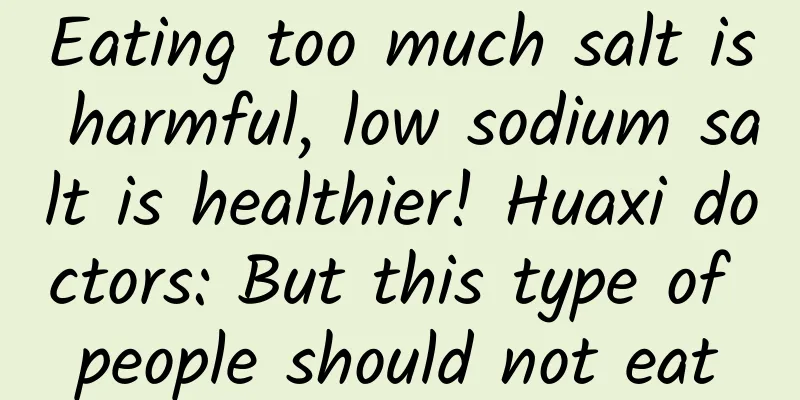How to take care of yourself after hysterectomy?

|
In recent years, uterine fibroids have almost become one of the important factors affecting women's health, especially women of childbearing age are very prone to uterine fibroids. Experts tell us that uterine fibroids can be multiple or single, and are generally related to our emotional stress, living habits, and eating habits. In addition to cooperating with treatment after suffering from uterine fibroids, maintenance is also very important. So what should patients pay attention to in their diet after hysterectomy? Because vegetables and fruits are rich in vitamins and minerals, they can help patients heal their wounds and increase their body's resistance. At the same time, pay attention to drinking more water and avoid eating foods that easily cause bloating, such as onions, cabbage, sweet olives, soy products, etc. Drink plenty of water. Drink 2000-3000cc of water every day to prevent constipation. Do not eat foods that easily cause bloating: such as onions, cabbage, olives, soy products, etc. Eat at regular times and in regular amounts, and do not overeat. Adhere to a low-fat diet and eat more lean meat, eggs, green vegetables, fruits, etc. Eat more whole grains such as corn, beans, etc. Eat nutritious dried fruits often, such as peanuts, sesame seeds, melon seeds, etc. The most important thing in diet after hysterectomy is to avoid spicy food, alcohol, frozen food, etc. The diet should be light, and avoid eating irritating foods such as mutton, shrimp, crab, eel, salted fish, and black fish. Avoid spicy foods and drinks such as chili peppers, peppercorns, raw onions, raw garlic, and white wine. Avoid eating foods that are hot, coagulant, or contain hormones, such as longan, red dates, donkey-hide gelatin, and royal jelly. If you have anemia, eat more foods high in iron, such as pork liver, black sesame, grapes, seaweed, wolfberry, shiitake mushrooms, etc. Avoid greasy foods. Eating too much greasy food will lead to fat accumulation, making wounds difficult to heal and weakening resistance to bacteria. Since patients are usually weak after surgery, they should increase their protein intake in their diet. They can eat more eggs, fish and other protein-rich foods. These foods can help patients recover from wounds and increase their physical strength. Another thing to note is that many people think that all the nutrients are in the soup, so they choose not to eat meat and only drink the soup. This is actually a wrong understanding. |
<<: How to maintain a hysterectomy?
>>: How to take care of yourself after hysterectomy?
Recommend
What to do if you have postpartum mood swings
Some fathers said that mothers would suffer from ...
Causes of right lower abdominal pain in early pregnancy
In fact, pregnant women should pay more attention...
Do I need to take confinement after a miscarriage?
Although many people are unwilling to do so, misc...
What causes uterine pain in girls?
All female friends pay great attention to the ute...
Is it bad for women to drink coffee?
There are many articles on the topic of whether i...
There is some blood down there but it's not menstruation
Many women have experienced this situation to som...
Is interstitial lung disease a large category of diseases? How is it diagnosed and treated?
Author: Fang Baomin, Chief Physician, Beijing Hos...
Can I have sex if I have uterine prolapse?
Uterine prolapse is a serious problem for women. ...
The benefits of eating raw garlic for women
There are certain benefits for women to eat raw g...
What causes cold hands and feet? There are these reasons
Cold hands and feet is a symptom that many people...
What should I do if I have candidal vaginitis during my menstrual period?
Patients with candidal vaginitis need to pay spec...
China's Android app download rankings in the 25th week of 2012
This week's list includes data from 11 third-...
What to eat for breast cysts
Breast cyst is a common disease in women's bo...
What should I do if my menstrual flow is light and the color is small?
There are many women who have less menstrual flow...









